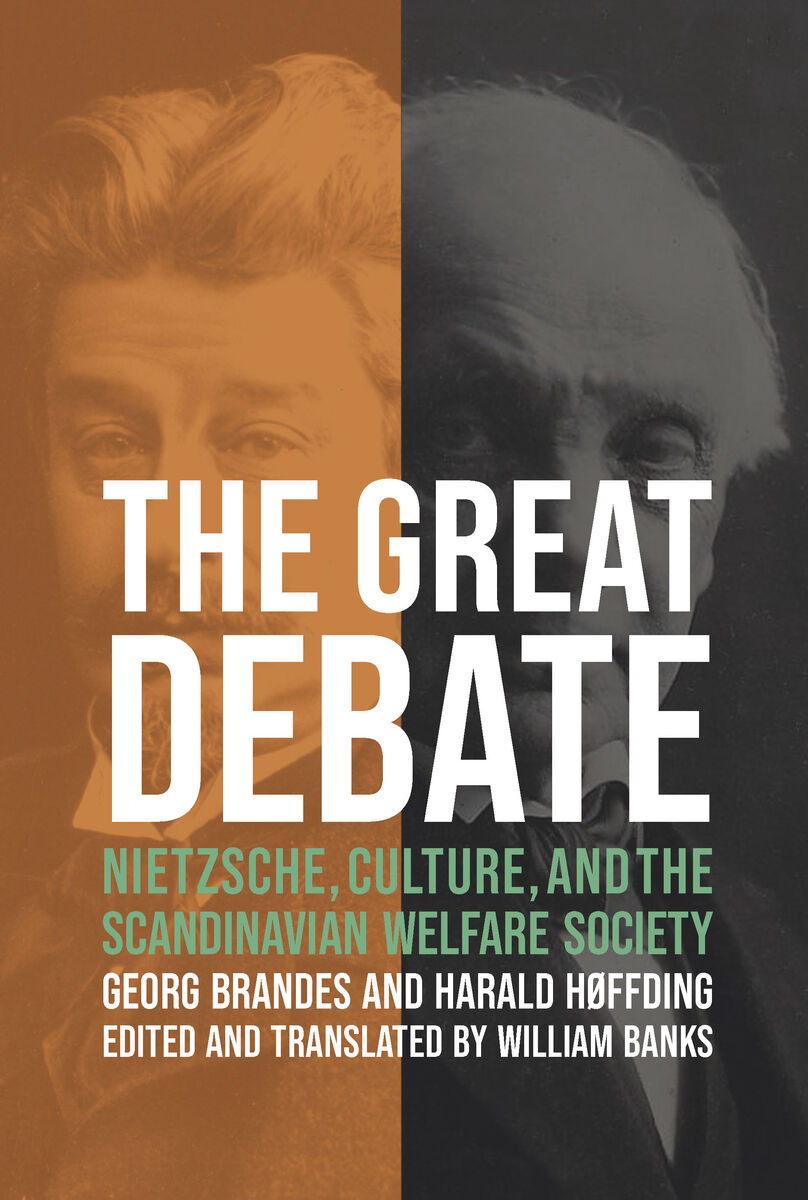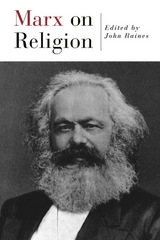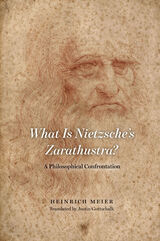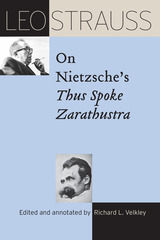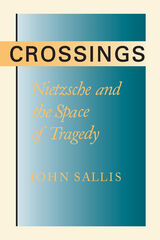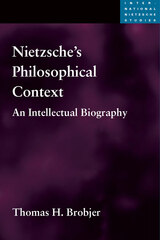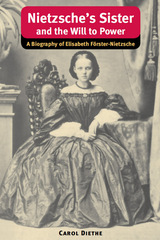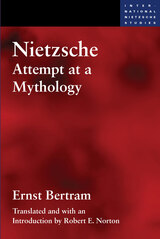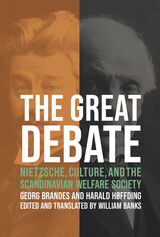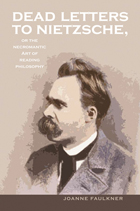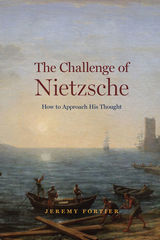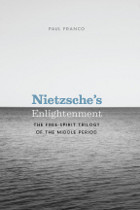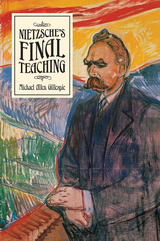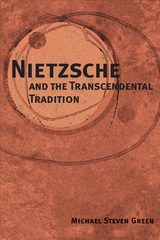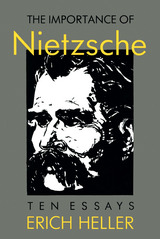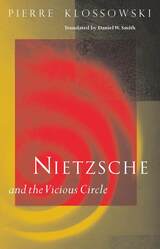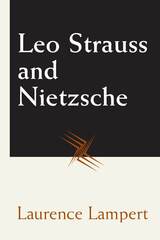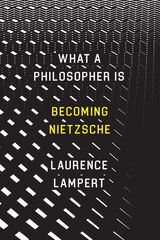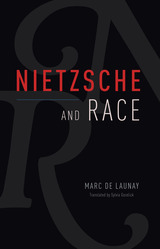The Great Debate: Nietzsche, Culture, and the Scandinavian Welfare Society
University of Wisconsin Press, 2024
eISBN: 978-0-299-34613-3 | Cloth: 978-0-299-34610-2
Library of Congress Classification B3317.B694 2023
Dewey Decimal Classification 193
eISBN: 978-0-299-34613-3 | Cloth: 978-0-299-34610-2
Library of Congress Classification B3317.B694 2023
Dewey Decimal Classification 193
ABOUT THIS BOOK | AUTHOR BIOGRAPHY | REVIEWS | TOC | REQUEST ACCESSIBLE FILE
ABOUT THIS BOOK
In 1889, Danish literary critic Georg Brandes published “Aristocratic Radicalism: An Essay on Friedrich Nietzsche,” which transformed the as-yet-unknown German-Swiss philosopher into a European, and ultimately global, phenomenon. The article sparked a furious public debate between Brandes and a fellow Dane, philosopher Harald Høffding, who swiftly issued a rebuttal, “Democratic Radicalism: An Objection.” What began as a scholarly disagreement over Nietzsche’s philosophy rapidly spiraled into a sprawling contest of competing visions of society’s future, one radically aristocratic and the other radically democratic.
Marking the moment at which the uniquely Nordic concept of social democratic welfare was first contested in the public sphere, this debate provides insights into not only Nietzschean philosophy and its immediate reception but also the foundational concept of modern Scandinavian social, cultural, and political organization. This volume presents, for the first time in any language other than Danish, the debate in its entirety: three essays by Brandes and three by Høffding. A critical introduction by editor and translator William Banks explores the exchange in its context and convincingly argues that the principles contested by the two Danish luminaries still very much resonate in Western society today.
Marking the moment at which the uniquely Nordic concept of social democratic welfare was first contested in the public sphere, this debate provides insights into not only Nietzschean philosophy and its immediate reception but also the foundational concept of modern Scandinavian social, cultural, and political organization. This volume presents, for the first time in any language other than Danish, the debate in its entirety: three essays by Brandes and three by Høffding. A critical introduction by editor and translator William Banks explores the exchange in its context and convincingly argues that the principles contested by the two Danish luminaries still very much resonate in Western society today.
See other books on: 1844-1900 | Nietzsche, Friedrich Wilhelm | Nordic Countries | Scandinavia | Welfare state
See other titles from University of Wisconsin Press
